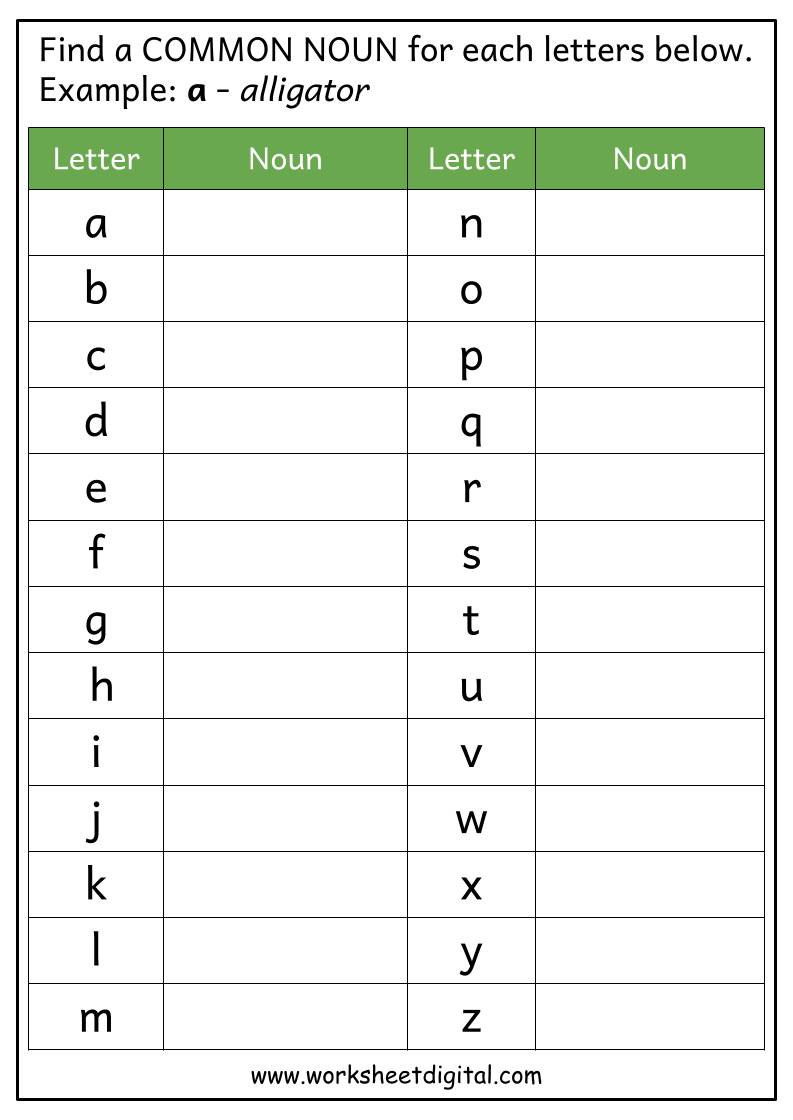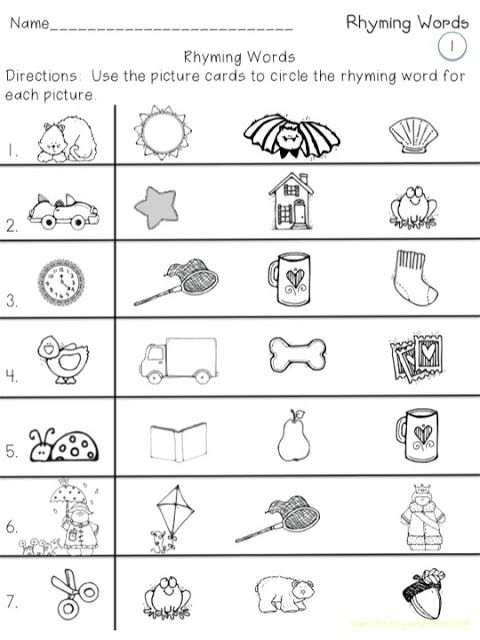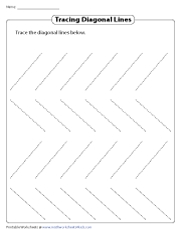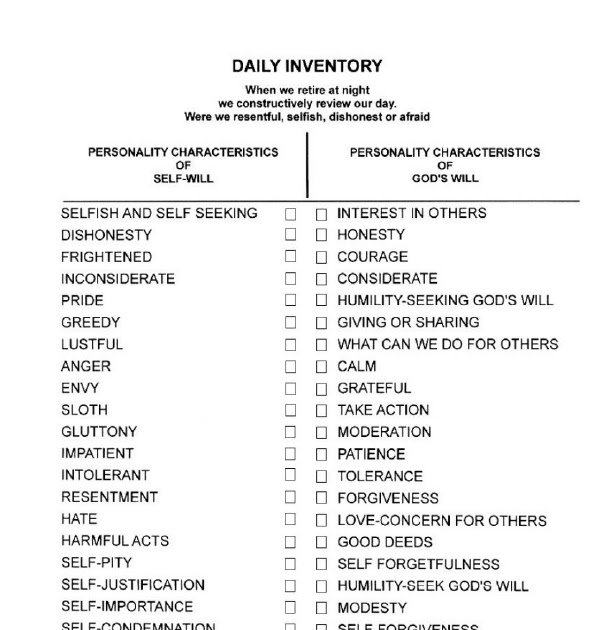6 Fun Common Noun Worksheets for Kids

Why Are Common Nouns Important for Kids to Learn?
Learning common nouns is a fundamental part of a child’s language development. Common nouns are words that refer to general categories of things, such as “dog,” “city,” or “book.” They are different from proper nouns, which refer to specific names of people, places, or things. Mastering common nouns helps children to better understand and communicate about the world around them.
In this article, we will explore six fun common noun worksheets for kids that can make learning exciting and engaging. But before we dive into the worksheets, let’s discuss why common nouns are essential for kids to learn.
Benefits of Learning Common Nouns
- Improved Communication: Learning common nouns helps children to communicate more effectively with others. By using common nouns, kids can express their thoughts and ideas more clearly.
- Enhanced Vocabulary: Mastering common nouns expands a child’s vocabulary, enabling them to describe and identify objects, people, and places more accurately.
- Better Understanding of the World: Common nouns help children to understand and categorize the world around them. They learn to recognize patterns and relationships between objects and concepts.
6 Fun Common Noun Worksheets for Kids
1. Common Noun Scavenger Hunt
Create a scavenger hunt that requires kids to find and identify common nouns in their surroundings. For example, you can ask them to find a “book,” a “chair,” or a “pencil.” This activity encourages kids to explore their environment and apply their knowledge of common nouns.
Example:

| Common Noun | Picture or Description |
|---|---|
| Book | A book with a red cover |
| Chair | A chair with four legs |
| Pencil | A pencil with a sharp tip |
2. Common Noun Sorting Game
Prepare a set of cards or pictures with different common nouns, such as “animal,” “fruit,” or “vehicle.” Ask kids to sort the cards into categories, such as “living things,” “food,” or “transportation.”
Example:
| Category | Common Nouns |
|---|---|
| Living Things | Dog, Cat, Bird |
| Food | Apple, Banana, Orange |
| Transportation | Car, Bus, Train |
3. Common Noun Word Search
Create a word search puzzle with common nouns, such as “tree,” “house,” or “school.” This activity helps kids to recognize and spell common nouns.
Example:
S L O A I M R T C E E H C L
O T A E S U T O E S U T R E
E V A C A T I O N H O U S E
T R E E S U P E R M A R K E T
C E E N T R E P A R K S C H O
O L S T R E E T S I D E W A L
K E E P S U P E R M A R K E T
4. Common Noun Story Time
Ask kids to write a short story using a list of common nouns, such as “city,” “park,” or “restaurant.” This activity encourages kids to use their imagination and apply their knowledge of common nouns.
Example:
“Yesterday, I went to the city with my family. We visited the park and had a picnic. Afterward, we went to a restaurant and had a delicious meal.”
5. Common Noun Charades
Divide kids into two teams and ask them to take turns acting out common nouns, such as “dog,” “car,” or “book.” The team that correctly guesses the common noun earns a point.
Example:
Team A: acts out a dog
Team B: “Is it a dog?”
6. Common Noun Picture Labeling
Provide kids with a picture and ask them to label the different common nouns, such as “house,” “tree,” or “car.” This activity helps kids to recognize and identify common nouns.
Example:
Picture: A house with a tree and a car
| Common Noun | Label |
|---|---|
| House | |
| Tree | |
| Car |
💡 Note: These worksheets can be adapted to suit different age groups and learning levels. Be sure to adjust the complexity and difficulty of the activities accordingly.
Learning common nouns is an essential part of a child’s language development. By using these fun and engaging worksheets, kids can develop a strong foundation in common nouns and improve their communication, vocabulary, and understanding of the world around them.
These activities will not only make learning fun but also help kids to apply their knowledge of common nouns in practical ways. Remember to always supervise and guide your kids as they complete these worksheets, and provide feedback and encouragement to help them build confidence and motivation.



